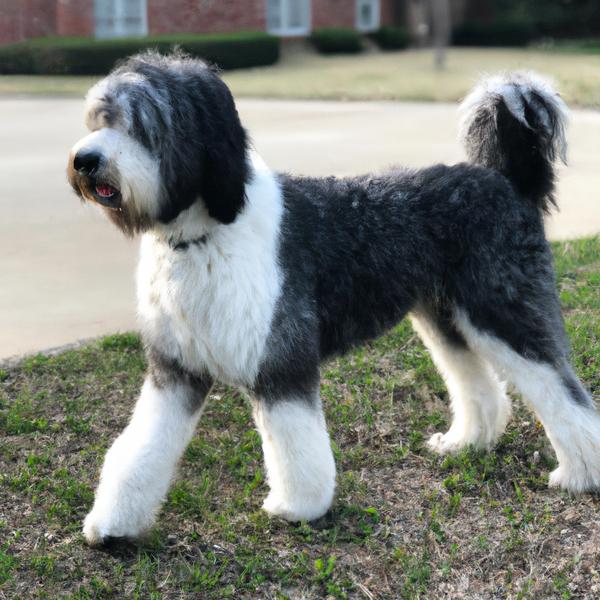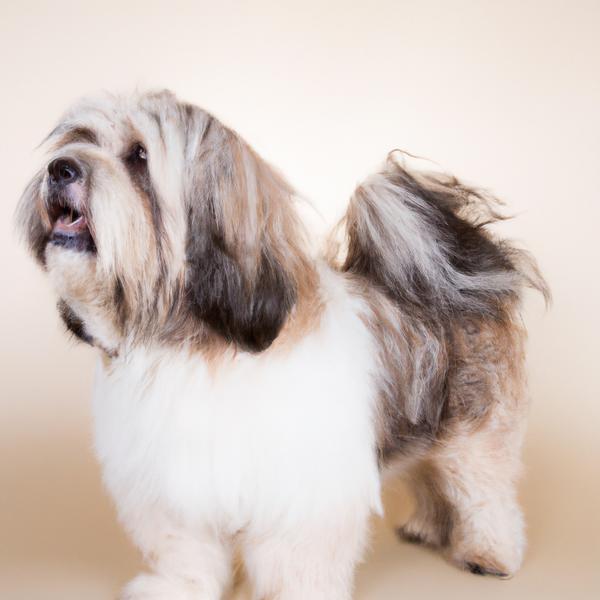Sheepadoodle vs. Lhasa-Coton: Breed Differences and Similarities
Hypoallergenic
Are Sheepadoodles or Lhasa-Cotons hypoallergenic, or neither?
Unfortunately, neither Sheepadoodle nor Lhasa-Coton are hypoallergenic, which may not make them the best choice for dog lovers who suffer from pet allergies.
Temperament
What are the personalities of Sheepadoodle and Lhasa-Coton dogs?
Active
Playful
Funny
Loving
Protective
Alert
Intelligent
Sociable
Trainable
Adaptable
Faithful
Bubbly
Instinctual
Playful
Alert
Intelligent
Friendly
Affectionate
Obedient
Devoted
Lively
Trainable
Steady
Spirited
Assertive
Vocal
Shedding Level
Do Sheepadoodles shed more than Lhasa-Cotons, or which breed sheds more, Sheepadoodles or Lhasa-Cotons?
Sheepadoodle or Lhasa-Coton dogs are not heavy shedders, but they will lose a significant amount of hair each year. To decrease the amount of shedding, you can regularly brush your Sheepadoodle or Lhasa-Coton. This will remove loose hair and keep their coat growing in the same direction.
Origin
What is the origin of Sheepadoodle and Lhasa-Coton dog breeds?
United States
United States
Ancestry
What are the origins of Sheepadoodle and Lhasa-Coton breeds?
Old English Sheepdog and Standard Poodle
Coton de Tulear and Lhasa Apso
Breed recognition
Which kennel clubs recognize/register Sheepadoodle and Lhasa-Coton?
ACHC = American Canine Hybrid Club
DRA = Dog Registry of America, Inc.
IDCR = International Designer Canine Registry®
ACHC = American Canine Hybrid Club
DDKC = Designer Dogs Kennel Club
DRA = Dog Registry of America, Inc.
IDCR = International Designer Canine Registry®
Date of Birth
When were Sheepadoodle and Lhasa-Coton breeds first developed?
Unknown
2000s
Eye Color Possibilites
What are the eye colors of Sheepadoodle and Lhasa-Coton dogs?
Blue
Brown
Brown
Nose Color Possibilites
What are the natural nose colors of Sheepadoodle and Lhasa-Coton?
Black
Brown
Black
Coat Color Possibilites
What are the natural colors of the coat for Sheepadoodle and Lhasa-Coton breeds?
Cream
Black
Blue
Brown
Cream
Gray
Red
White
Black
Gray
Brown
Red
Cream
Fawn
White
Sable
Brindle
Coat Length
What is the typical coat length for Sheepadoodle and Lhasa-Coton breeds?
The coat of Sheepadoodle and Lhasa-Coton dogs is generally known for its length.
Coat Density
What is the density of the coat of Sheepadoodle and Lhasa-Coton?
Coat Texture
What is the hair texture of Sheepadoodle and Lhasa-Coton?
Curly
Straight
Litter Size
What is the usual litter size for Sheepadoodle and Lhasa-Coton?
A Sheepadoodle can have a litter of 5-8 puppies on average. However, it's worth noting that the size of the litters can vary greatly. Factors that can influence litter size include the health of the mother, breeding history, and genetics.
A Lhasa-Coton can have a litter of 4-6 puppies on average. However, it's worth noting that the size of the litters can vary greatly. Factors that can influence litter size include the health of the mother, breeding history, and genetics.
Adaptability
Sheepadoodle and Lhasa-Cotons are known for their adaptability and versatility. They are capable of adapting well to a wide range of lifestyle changes and living environments, making them great companions for families and individuals of all lifestyles.
Health Issues
Between Sheepadoodle and Lhasa-Coton, which breed is more prone to health problems?
Sheepadoodle and Lhasa-Coton breeds are generally considered to be healthy. However, like all breeds, they are susceptible to certain health issues and it is important to keep an eye out for them and address them with your veterinarian as needed.
Major Concerns
What are the major health concerns for Sheepadoodle and Lhasa-Coton breeds?
Canine Hip Dysplasia (Chd)
Sebaceous Adenitis
Diabetes
Addison's Disease
Gastric Dilation Volvulus (GDV) or Bloat
Canine Hip Dysplasia (Chd)
Brachycephalic Syndrome
Exposure Keratopathy Syndrome
Minor Concerns
What minor health issues should be kept in mind when owning Sheepadoodle and Lhasa-Coton?
Entropion
Ectropion
Cataracts
Glaucoma
Von Willebrand's Disease
Tricuspid Valve Dysplasia
Mitral Valve Dysplasia
Cerebellar Abiotrophy (Ataxia)
Demodactic Mange
Keratoconjunctivitis Sicca
Progressive Retinal Atrophy (PRA)
Occasional Tests
What occasional tests are recommended for Sheepadoodle and Lhasa-Coton breeds?
Skin Evaluation
Eye Examinations
BAER Testing
Blood and Urine Tests
X-rays or other radiographic imaging
Electrocardiograph (ECG - measures rate and rhythm)
Myelography (Dye And X-Ray to Assess The Spinal Cord)
Eye Examination
Respiratory Tests
Skin Evaluation
Internal Imaging (x-ray, CT scan, MRI, etc.)
Social Needs
Sheepadoodle vs Lhasa-Coton social needs comparison
Sheepadoodle has very high social needs and requires regular mental and physical stimulation, a job or purpose, and companionship.
Lhasa-Coton has above average social needs and thrives with interaction with humans and other dogs.
Sleeping Need
Which of the two sleeps the most/least: Sheepadoodle or Lhasa-Coton?
Sheepadoodles sleep less than other breeds but still need adequate sleep for good health.
Lhasa-Cotons have moderate energy levels and typical sleep patterns of 12-14 hours per day.
Mouthiness
Mouthiness Comparison: Sheepadoodle vs Lhasa-Coton?
Roaming urge
Sheepadoodle vs Labrador: Running away tendency?
Prey Drive
Sheepadoodle or Lhasa-Coton - which breed has a higher level of prey drive?
Past times
What are some enjoyable activities and ways to keep Sheepadoodle and Lhasa-Coton entertained?
Chase, Fetch, Hiking, Running, Walk, Run, Puzzle Toys, Car rides, Swimming
Walking
Activity Level
Which breed has higher energy, Sheepadoodles or Lhasa-Cotons?
Sheepadoodles are medium-energy dogs and typically enjoy socializing and playing casual or even sustained games of chase with other dogs. They may also have occasional periods of barking or racing around the house.
Lhasa-Cotons are low-energy dogs. This breed make a great companion for a relatively inactive person. Lhasa-Coton dogs require a few short daily walks, and then they're happy snuggling next to you for the rest of the day.
Tolerance of being left alone
Walks per Week
How many miles should Sheepadoodle or Lhasa-Coton walk each week?
There's really no limit to how far you walk your dog as long as they're comfortable. For Sheepadoodle, it's at least 10 miles / week. Just remember to build distance and stamina gradually over time.
There's really no limit to how far you walk your dog as long as they're comfortable. For Lhasa-Coton, it's at least 5 miles / week. Just remember to build distance and stamina gradually over time.
Activity per Day
Do Sheepadoodles or Lhasa-Cotons require more exercise?
In general most Sheepadoodles usually need at least 60 minutes of exercise daily. This can be spread across the day and include all sorts of high-energy activities, like walking, running and playing.
In general most Lhasa-Cotons usually need at least 30 minutes of exercise daily. This can be spread across the day and include all sorts of high-energy activities, like walking, running and playing.
Grooming
Which breed is easier to maintain in terms of grooming, Sheepadoodles or Lhasa-Cotons?
These breeds are known for having high grooming needs.
Brushing Frequency
What is the recommended brushing frequency for Sheepadoodle and Lhasa-Coton dogs?
Ideally, both Sheepadoodle and Lhasa-Coton should be brushed at least 2 or 3 times a week (preferably daily) to improve shedding.
Brushing Tools
What brushing tools are used for Sheepadoodles and Lhasa-Cotons?
Pin Brush
Comb
Deshedder
Scissors
Pin Brush
Dematter
Comb
Nail Clipper
Cups
How much food should be given to Sheepadoodle or Lhasa-Coton in cups?
For an average 60-85 pound (27 - 39 kg) Sheepadoodle feed 3 cups daily. But, keep in mind, the amount you feed is going to be dependent on the quality of the food you are feeding.
For an average 10-15 pound (5 - 7 kg) Lhasa-Coton feed 1 cups daily. But, keep in mind, the amount you feed is going to be dependent on the quality of the food you are feeding.
Daily Cost
Which breed has a higher daily cost, Sheepadoodle or Lhasa-Coton?
The average cost of a Sheepadoodle is somewhere $2.10 - $2.70 per day.
The average cost of a Lhasa-Coton is somewhere $1.10 - $1.40 per day.
Monthly Cost
Which breed has a higher monthly cost, Sheepadoodle or Lhasa-Coton?
The average per month expenses of a Sheepadoodle is between $55 - $73. This makes an average of $660 - $876 per year. It will be on the higher side when the dog is still small because it will need more frequent visits to the vet, shots.
The average per month expenses of a Lhasa-Coton is between $28 - $42. This makes an average of $336 - $504 per year. It will be on the higher side when the dog is still small because it will need more frequent visits to the vet, shots.
Sensitivity Level
How do Sheepadoodle and Lhasa-Coton compare in sensitivity?
These dog breeds are particularly attuned to its environment and the emotions of those around it. Sheepadoodle and Lhasa-Coton can be easily overwhelmed by loud noises, new environments, unfamiliar people, or animals. This dog breed is best suited for individuals or families who are patient, gentle, and understanding of its sensitive nature. It may also benefit from a calm and stable home environment, with a consistent routine and plenty of positive reinforcement training.
Apartment Friendly
Which breed is more apartment-friendly: Sheepadoodle or Lhasa-Coton?
The Sheepadoodle is a great apartment dog, thriving with sufficient exercise and time outside as part of their daily routine.
Lhasa-Cotons make excellent apartment dogs, being fairly active indoors and not requiring a yard.
Child Friendly
Do Sheepadoodles or Lhasa-Cotons have a friendlier temperament towards children?
The typical characteristics of Sheepadoodle and Lhasa-Coton indicate that this breed of dog is an ideal companion for kids and makes them family pets. Their gentle and protective nature and calm mentality make them gel along quickly with the younger humans.
Senior-friendly
Which dog is more suitable as a pet for the elderly - Sheepadoodle or Lhasa-Coton?
Cat Friendly
Do Sheepadoodle or Lhasa-Coton breeds have a better compatibility with cats?
Sheepadoodles are good with cats, but early training is needed to prevent chasing behavior.
Lhasa-Cotons are very friendly with cats and make great companions for them.
Dog Friendly
Which breed is more sociable with other dogs: Sheepadoodle or Lhasa-Coton?
Sheepadoodles are friendly and active companions, and can be good family pets, though their friendliness towards other dogs may vary.
Lhasa-Cotons are generally very friendly towards other dogs, with a happy and affectionate temperament.
Pet friendly
How do Sheepadoodle or Lhasa-Coton dogs interact with other pets?
Stranger Friendly
Which breed is more friendly with strangers: Sheepadoodle or Lhasa-Coton?
Sheepadoodles are averagely friendly around strangers but benefit from early socialisation.
Lhasa-Cotons are friendly but may bark at strangers, and training is easy due to their intelligence.
Playfulness
Which breed is more playful between Sheepadoodle and Lhasa-Coton?
Sheepadoodle and Lhasa-Coton are playful dogs. So, no matter how busy the day may get, the best thing you can do for Sheepadoodle and Lhasa-Coton is to make time each day to play. It can be as little as 15-20 minutes, and it will mean the world to them.
Trainability
How do the trainability levels of Sheepadoodles and Lhasa-Cotons compare?
Sheepadoodles are popular for their ease of training and quick learning ability.
Lhasa-Cotons are usually easy to train but require consistency to fully obey commands.
Compare Sheepadoodle with other breeds
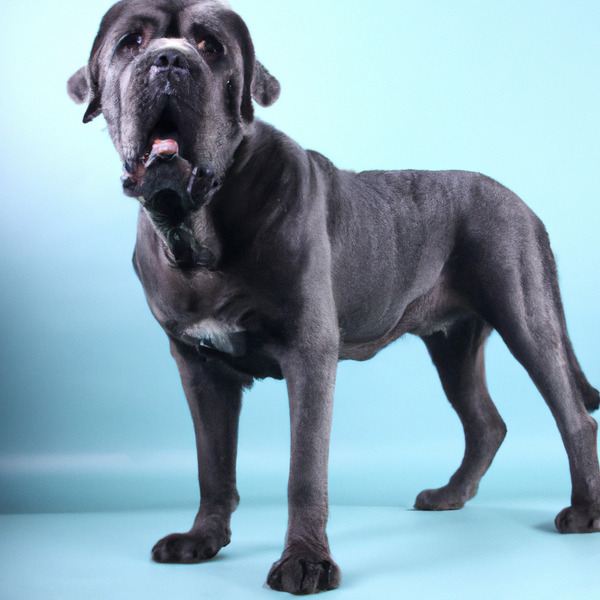
Neapolitan Mastiff
Sheepadoodle vs Neapolitan Mastiff

Lha-Cocker
Sheepadoodle vs Lha-Cocker
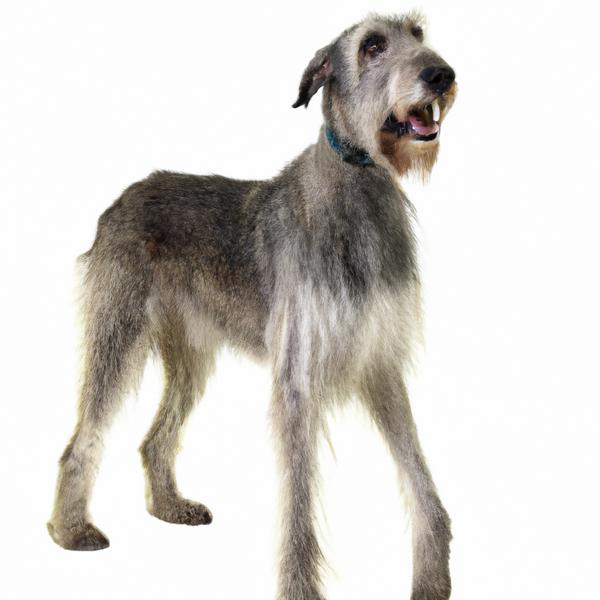
Scottish Deerhound
Sheepadoodle vs Scottish Deerhound
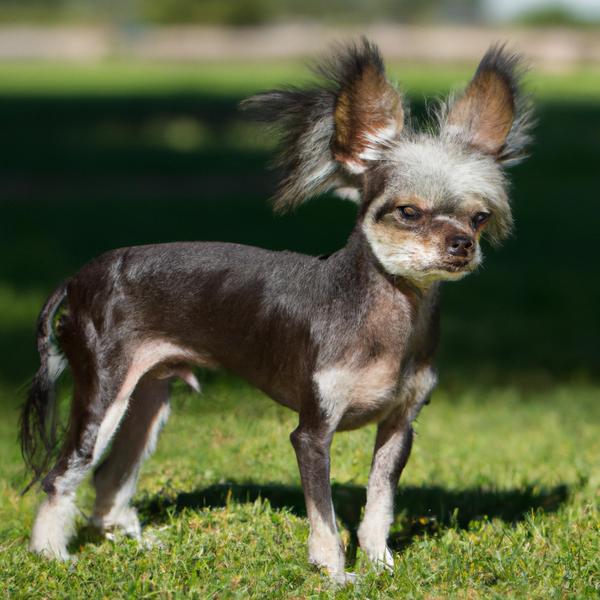
Chin Crested
Sheepadoodle vs Chin Crested
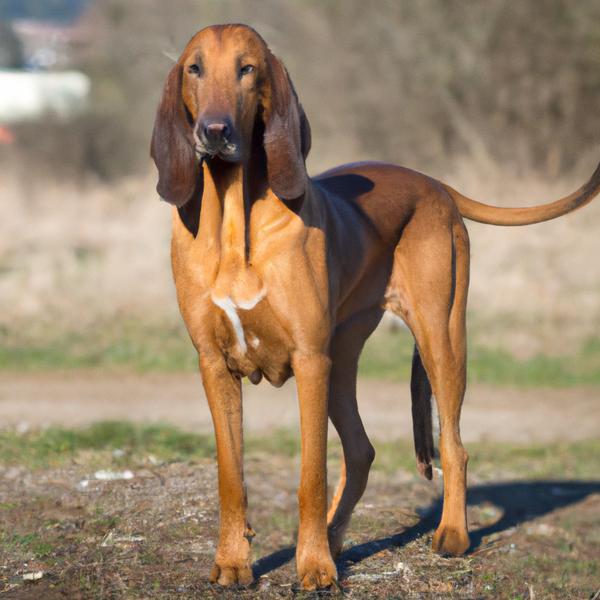
Labloodhound
Sheepadoodle vs Labloodhound

Border Collie Britt
Sheepadoodle vs Border Collie Britt
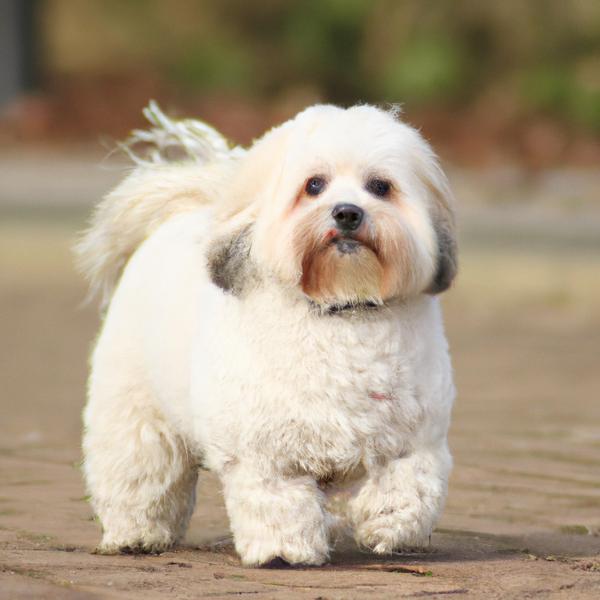
Scotti Apso
Sheepadoodle vs Scotti Apso

Dogue de Boxer
Sheepadoodle vs Dogue de Boxer
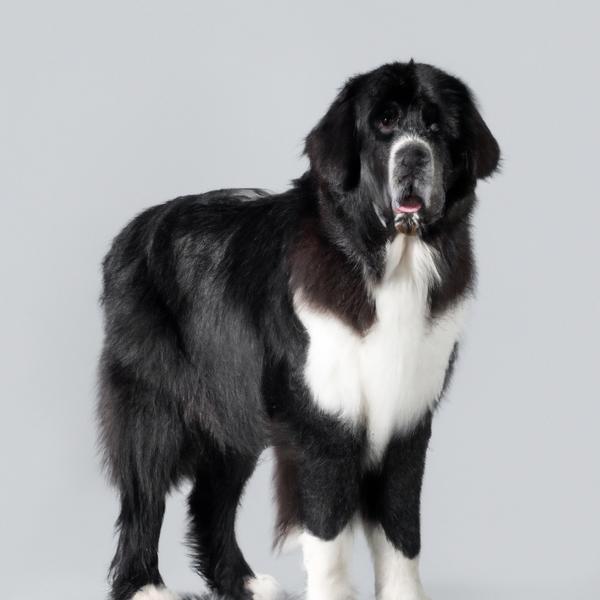
Border Newfie
Sheepadoodle vs Border Newfie

Dachsi Apso
Sheepadoodle vs Dachsi Apso
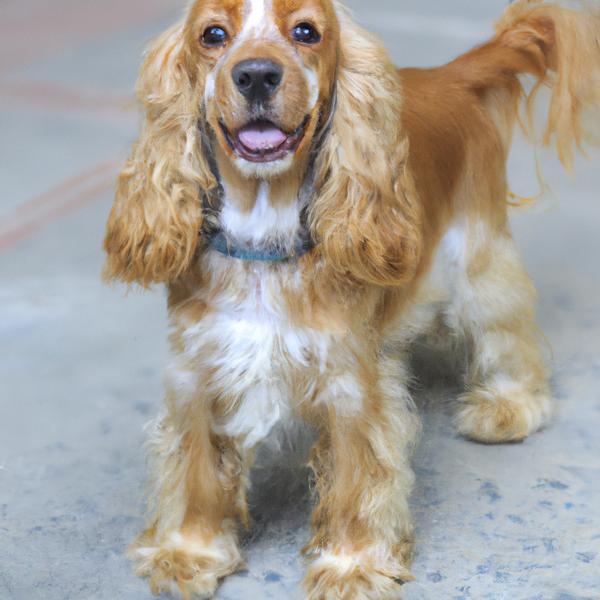
Cocker Jack
Sheepadoodle vs Cocker Jack

Enga-Apso
Sheepadoodle vs Enga-Apso
